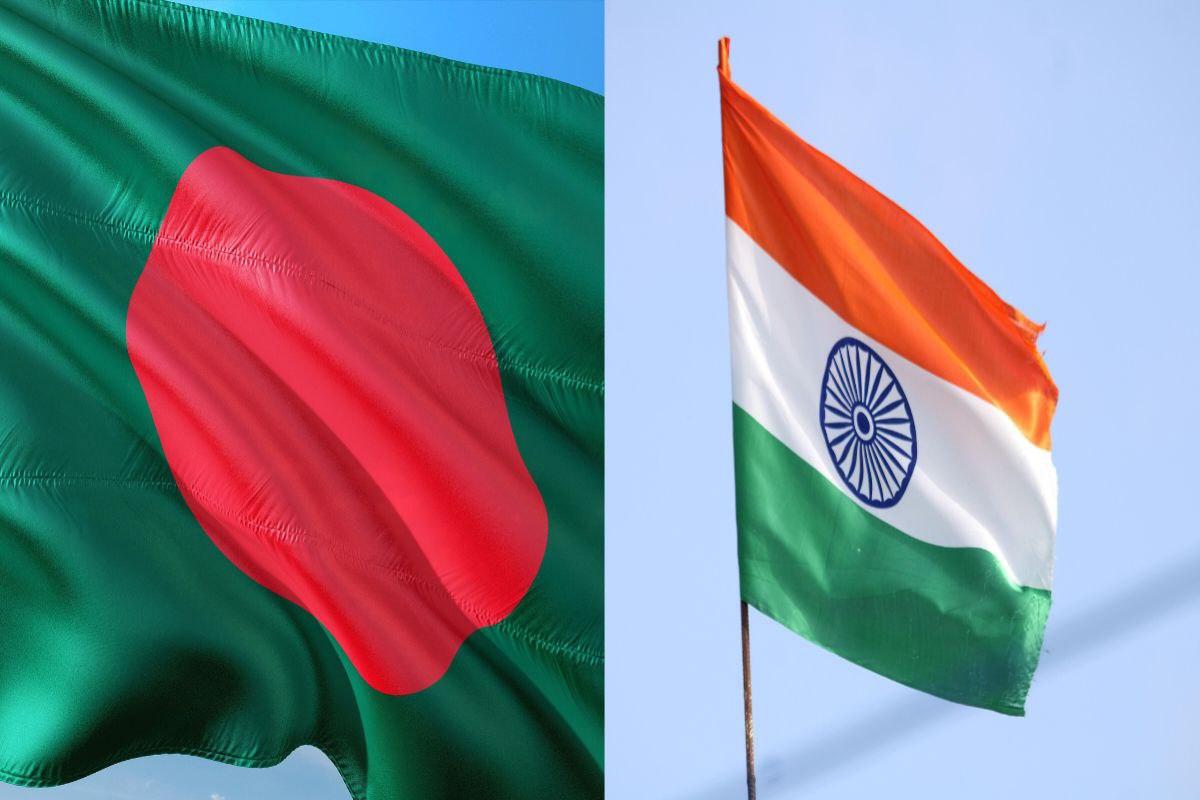
In a significant development that marks a turning point in South Asia’s agri-trade and geopolitics, Bangladesh has officially signed a five-year wheat import agreement with the United States, turning its back on a long-standing reliance on Indian wheat. The deal signals more than just a change in suppliers — it potentially reshapes strategic alliances in the region.
Backdrop: India’s Wheat Export Ban Sparked a Realignment
The story begins in May 2022, when India imposed a ban on wheat exports to stabilize domestic prices. The move came in response to a global wheat shortage triggered by the Russia-Ukraine war and extreme heatwaves in India that led to reduced wheat production.
While the ban was comprehensive, India made exceptions for select neighboring countries such as UAE, Nepal, and Bangladesh under Government-to-Government (G2G) deals. For years, India remained Bangladesh’s top wheat supplier, not just because of proximity and cheaper logistics, but also due to close political ties — especially under the Sheikh Hasina-led Awami League government.
From First Preference to Cold Shoulder: A Strained Transition
For Bangladesh, importing wheat from India made strong economic sense. About 85–90% of Bangladesh’s wheat demand is met through imports, and land connectivity with India kept transport and insurance costs minimal. Moreover, India always responded promptly whenever Bangladesh faced food shortages.
But all that changed in recent months.
After Sheikh Hasina's exit from power, India reportedly delayed wheat shipments to Bangladesh, leading to a breakdown in trust. Curiously, Bangladesh didn’t even formally request fresh shipments, suggesting a deliberate shift in strategy under the new interim government led by Anwarul Yunus.
From Russia to U.S.: Bangladesh’s Search for a New Partner
Initially, Bangladesh turned to Russia to fill its wheat gap, but the deal did not last long due to logistical and political challenges. Now, Bangladesh has found a more stable and influential partner: the United States.
In a major new development, Bangladesh’s Ministry of Food has inked a five-year wheat import agreement with U.S. Wheat Associates, under which it will import 700,000 tonnes of wheat annually. The contract is valued at approximately $200 million per year, making the total five-year deal worth around $1 billion.
Is It Just Wheat, or Something Bigger?
The timing of this agreement is raising eyebrows across diplomatic circles. Just days ago, President Donald Trump imposed a 35% tariff on Bangladeshi exports to the U.S., set to come into effect from August 1st, 2025. Many observers believe this wheat deal is a strategic move by Bangladesh to curry favor with Washington and seek relief from the incoming tariffs.
The implications of this deal go far beyond agriculture:
- For the U.S., this is a double win: a lucrative export market and a stronger geopolitical foothold in India's neighborhood.
- For Bangladesh, it is an attempt to avoid economic strain from the Trump tariffs by aligning closer with the U.S.
- For India, this could be a strategic setback, as a key neighbor appears to be slipping out of its sphere of influence.
India’s Position: Protectionism or Missed Opportunity?
India’s wheat export ban was introduced for valid domestic reasons: controlling inflation and protecting its Public Distribution System (PDS). Wheat production is gradually stabilizing, yet the ban hasn’t been fully lifted — perhaps out of an abundance of caution.
However, critics argue that India should have prioritized key strategic partners like Bangladesh, especially when economic ties and historic goodwill were already in place. By not doing so — or by not moving fast enough — India might have inadvertently opened the door for U.S. influence in Dhaka.
The Strategic Shift in South Asia: A Wake-Up Call for India?
With this wheat deal, Bangladesh has effectively become a long-term customer of the U.S., signaling a deepening of bilateral ties that go well beyond trade. The interim government in Dhaka is likely using this deal to gain political leverage and protection from upcoming economic challenges.
This shift may have lasting implications for regional dynamics:
- It weakens India’s influence over Bangladesh.
- It allows Washington to enter South Asian agri-trade more firmly.
- It could pave the way for future U.S.–Bangladesh agreements in defense, infrastructure, or digital trade.
Final Questions to Consider
- Did India miscalculate by not offering Bangladesh a better deal or more reassurance?
- Is this the beginning of a new U.S.–Bangladesh strategic alliance?
- Has Bangladesh sacrificed its cost-efficiency and reliability by cutting India off, or is it playing the game smartly?
One thing is certain — South Asia’s wheat story is no longer just about food. It’s about politics, diplomacy, and realignments in a rapidly evolving world.
Disclaimer:
The information presented in this article is based on publicly available news sources and expert analysis. While efforts have been made to ensure accuracy, readers are advised to verify details independently. This blog reflects current events as of the publication date and may not account for subsequent developments. The views expressed do not intend to target or defame any country, organization, or individual.




